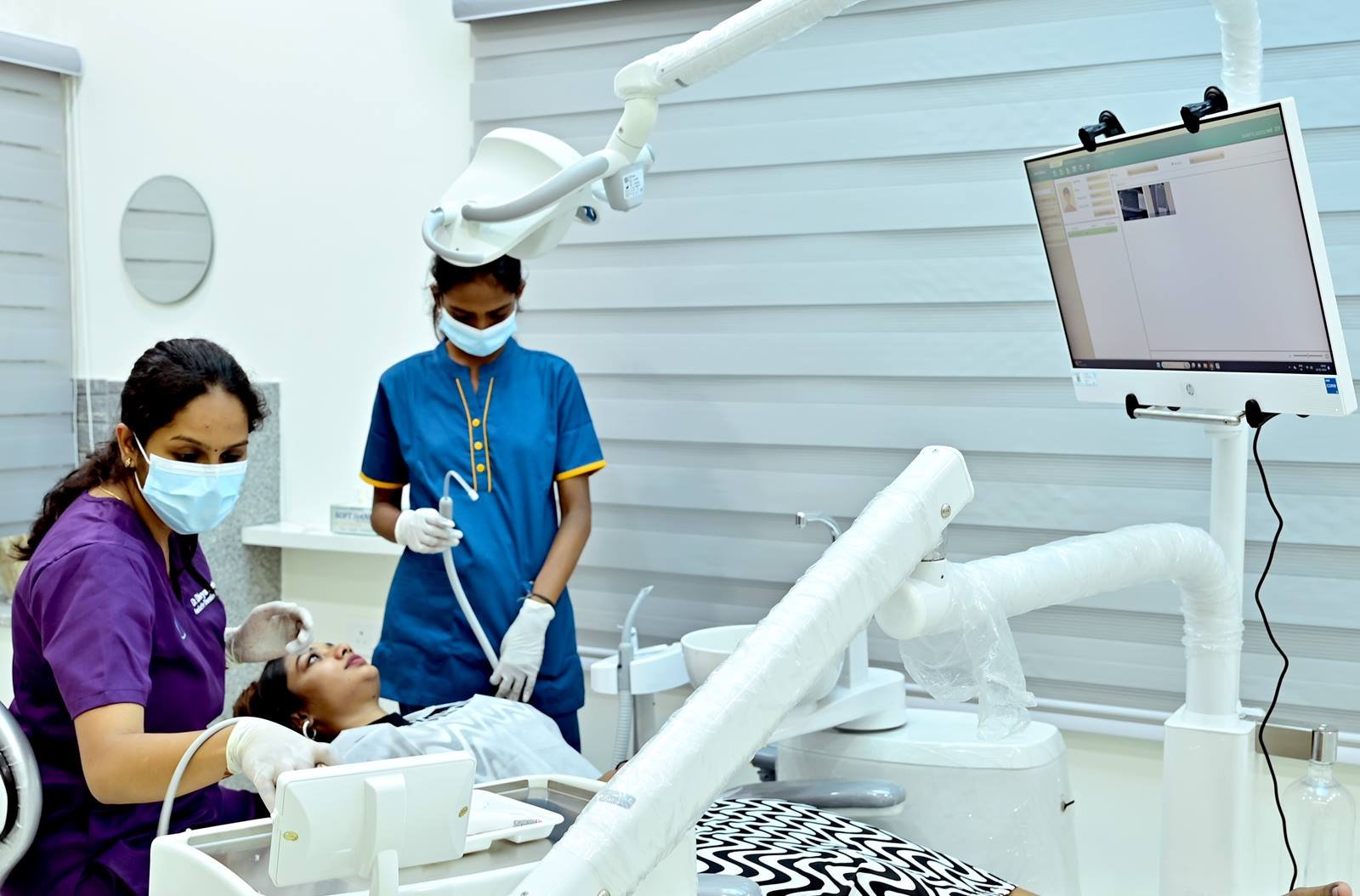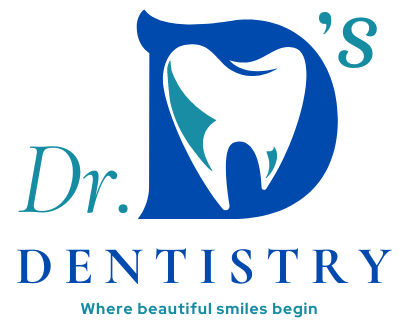Introduction
Have you ever wondered why a dentistry Degree is often compared to a medical degree? Despite being in different fields, both professions demand similar dedication, expertise, and knowledge in their respective areas. Today, we’re going to look at why the academic journey, skill requirements, and responsibilities make a dentistry degree equivalent to a medical degree.
What Defines a Medical Degree?
Medical degrees focus on the comprehensive study of human health, covering everything from anatomy and physiology to disease management and patient care. Medical students undergo rigorous training in various areas of healthcare, including surgery, diagnostics, and preventive medicine. This extensive education is crucial for handling the complex health needs of patients and underscores why doctors need such in-depth training.
What is a Dentistry Degree?
A dentistry degree goes beyond teeth and gums; it covers the full spectrum of oral health and its impact on general well-being. Dentists study many of the same sciences as medical doctors, equipping them to understand broader health issues and spot potential non-dental health concerns. Dentistry is, therefore, a specialized field within healthcare that requires the same intensity of study and expertise.
Education and Training: A Comparable Journey
Both medical and dental students spend around the same number of years in formal education. Most dental programs require a four-year undergraduate degree, followed by four years in dental school. The workload includes countless hours in labs, clinical practice, and theoretical study, mirroring the rigorous training medical students endure.
Similar Core Sciences in Both Degrees
Dentists and doctors both study fundamental sciences. From anatomy and physiology to microbiology, pharmacology, and pathology, these core subjects form the backbone of both degrees. This shared knowledge is essential since many diseases can manifest symptoms that affect multiple systems, including the oral cavity.
Clinical Training and Patient Care in Both Fields
Hands-on clinical experience is a staple in both medical and dental education. Both medical and dental students work with patients under supervised conditions, learning to make clinical decisions and administer treatments. This experience is vital as it prepares both types of professionals for real-world practice, ensuring they can offer quality patient care from day one.
Specializations and Advanced Training
Just as medicine has fields like cardiology, pediatrics, and neurology, dentistry offers specializations such as orthodontics, periodontics, and oral surgery. Both fields require years of additional study and training for specialization, adding to the depth of expertise.
Complex Procedures and High-Level Skill
Both doctors and dentists perform intricate procedures that require dexterity, precision, and years of practice to master. While a surgeon might operate on an organ, a dentist performs surgeries in the oral cavity, managing nerves, blood vessels, and muscles with extreme precision.
Licensing and Certification: Equal Standards
Both professions require rigorous exams and certifications. Medical doctors take board exams, while dentists sit for national and state-level licensing exams. These assessments ensure that all licensed practitioners meet a standardized level of competency and adhere to high professional standards.
The Overlap Between Oral Health and General Health
Oral health can significantly impact overall health. Dentists are trained to detect signs of systemic issues that appear in the mouth, such as diabetes, cancer, or cardiovascular conditions. This makes dentistry not only essential but integrative to overall healthcare, emphasizing that dentists play a broader role in patient health.
Autonomy and Scope of Practice
Dentists have full autonomy in their practice, diagnosing and managing patient care independently, much like medical doctors. They evaluate patients, develop treatment plans, and carry out complex procedures, handling cases that require a strong foundation in medical knowledge.
Contribution to Public Health
Dentists often engage in preventive health education, teaching patients about the importance of oral hygiene and its link to general health. This role is similar to public health education in medicine, highlighting the preventative aspect of both professions in improving community health.
High Responsibility and Ethics
Both fields require a high level of ethical responsibility to ensure patient well-being. Dentists and doctors must adhere to a strict code of conduct, providing care that prioritizes patient safety, privacy, and informed consent. Ethical standards in both fields serve as a cornerstone of trust between healthcare providers and patients.
Work Environments and Daily Responsibilities
While medical doctors may work in hospitals, private practices, or specialized clinics, dentists often operate in dental clinics or offices. However, both face the same challenges of patient care, complex treatments, and ongoing learning to keep up with new advancements in their fields.
The Prestige and Recognition of Both Professions
Society highly values both medical and dental professionals. Dentists hold a unique position in healthcare, recognized for their expertise in maintaining oral and systemic health. It’s time that the equivalency between these two fields is widely acknowledged, as both contribute profoundly to public health and individual well-being.
Conclusion
A dentistry degree is just as demanding, rigorous, and vital to healthcare as a medical degree. Dentists and medical doctors share similar educational backgrounds, clinical expertise, and ethical standards. Both professions play critical roles in the healthcare system, offering specialized skills that are essential to patient care.
FAQs
- What are the main similarities between a dentistry and a medical degree?
Both degrees require rigorous study of core sciences, hands-on clinical training, and extensive knowledge in patient care. - How long does it take to complete a dentistry degree compared to a medical degree?
Both paths typically take 8 years, including undergraduate studies and professional training. - Are there as many specializations in dentistry as in medicine?
Yes, dentistry offers numerous specializations like orthodontics, oral surgery, and periodontics, similar to medicine’s variety. - Can dentists diagnose non-dental health conditions?
Dentists are trained to recognize signs of systemic diseases that appear in the oral cavity, helping in early detection of health issues. - Do dentists take the same science courses as medical students?
Yes, dental students study similar foundational sciences, including anatomy, physiology, and microbiology, to build a strong medical foundation.



